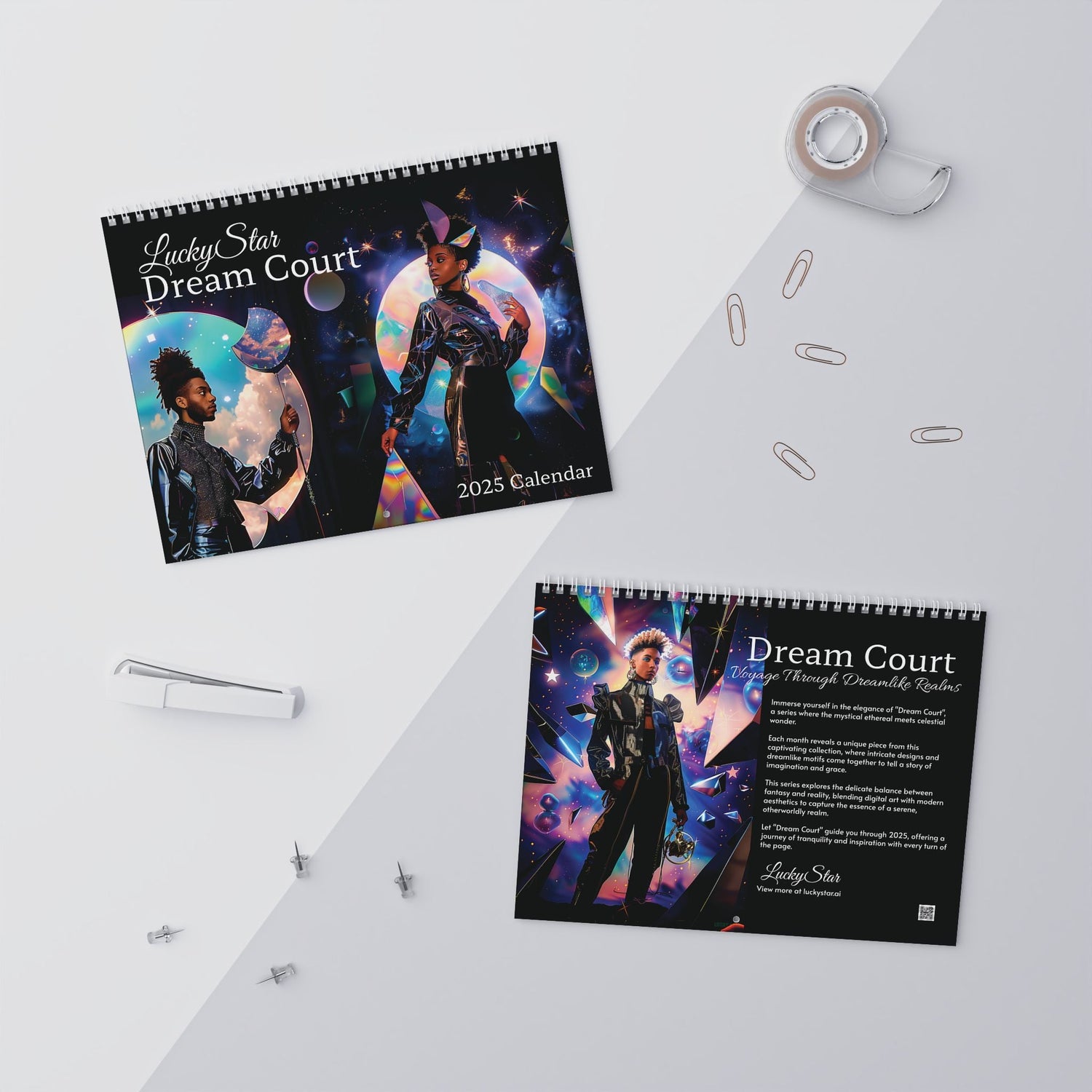
Realistic Obfuscation Tactics Review for Everyday People
Everyday people deserve access to practical and responsible methods for navigating AI-infused technology. This insightful guide offers clear steps for digital self-protection without fear or paranoia.
[April 2025] — As digital ecosystems increasingly adopt artificial intelligence tools across platforms, the conversation around digital self-protection becomes not only relevant, but necessary. While many discussions center on large institutions or national policies, everyday people are often left to navigate these developments without support or clarity.
Obfuscation—the act of deliberately making data ambiguous or less useful to surveillance agents—has emerged as one meaningful way individuals can assert control in the face of pervasive monitoring (Brunton & Nissenbaum, 2015). Contrary to assumptions that obfuscation is inherently defiant, it can also function as a protective mechanism: a form of peaceful navigation rooted in consent and caution.
This insight aims to contribute a grounded, objective review of current tactics that individuals can explore. It does not advocate for mistrust but rather provides options for those wishing to live responsibly and with intentionality in an AI-integrated world.
Short List of Common Privacy Tools
These tools are the most frequently accessed or recommended options for users unfamiliar with digital self-defense. Each one has been referenced in academic or non-profit resources such as the Electronic Frontier Foundation (EFF, 2023), and Mozilla Foundation (2021).
- Brave or Firefox with Privacy Extensions – Blocks tracking, fingerprinting, and malicious scripts (EFF, 2023).
- uBlock Origin – Ad blocker that also blocks AI tracking scripts (Mozilla Foundation, 2021).
- Signal Messenger – Secure, end-to-end encrypted communication app (EFF, 2023).
- SimpleLogin / AnonAddy – Masked email services to prevent email harvesting (EFF, 2023).
- ProtonVPN – Secure, privacy-focused VPN (EFF, 2023).
These are suitable for desktop and mobile use, and do not require extensive setup.
Obfuscation Techniques Chart for Everyday Use
| Technique | Purpose | Tool or App Name | Free or Paid | Can Request Data Deletion? | Additional Notes |
| GPS Spoofing | Prevent location tracking | GPS Emulator (Android) | Free | Yes (if using third-party) | Use with caution; may violate app terms |
| Metadata Stripping | Remove identifying metadata from photos or documents | ExifCleaner, MAT2 | Free & Open Source | N/A | MAT2 available on Linux |
| Browser Fingerprint Masking | Prevent web tracking via browser fingerprint | Brave Browser, Mullvad Browser | Free | Yes | Built-in anti-fingerprinting |
| Ad & Tracker Blocking | Block AI ad surveillance and pixel tracking | uBlock Origin, Pi-hole | Free | N/A | Pi-hole requires hardware setup |
| Offline Note-Taking | Prevent cloud-based text logging | Standard Notes (offline mode) | Free | Yes | Local encryption available |
| Camera & Mic Access Control | Limit app/device surveillance potential | Glasswire, App Ops (Android) | Free / Freemium | Yes | Check OS-level settings for Apple devices |
| Alternate Identity Creation | Limit AI training data relevance | Alias email: SimpleLogin | Free / Paid tiers | Yes | Helps compartmentalize usage |
| Encrypted Communication | Hide personal communications from third-party analysis | Signal, ProtonMail | Free | Yes | Open-source and end-to-end encryption |
Encouragement & Closing Thoughts
Obfuscation is not about becoming invisible. It is about choosing when and how you wish to be seen. It is also about acknowledging that while digital tools can serve us, they should not own us.
This insight is offered in the spirit of care, shared knowledge, and grounded hope. You are not alone in navigating these changes. Collective awareness and mutual support are part of our response. Please feel free to share this article with others looking for responsible ways to adapt.
If you would like help applying any of these techniques or exploring privacy-enhancing approaches tailored to your context, please reach out via the Lucky Star contact form: https://luckystar.ai/pages/contact
Legal Disclaimer: This document is for informational purposes only. It does not constitute legal, technical, or privacy consultation. Lucky Star and all affiliated contributors assume no liability for the use or misuse of the information provided herein. Mention of specific tools does not constitute an endorsement. For tailored guidance, please contact Lucky Star directly: https://luckystar.ai/pages/contact
References and Sources
Brunton, F., & Nissenbaum, H. (2015). Obfuscation: A user's guide for privacy and protest. MIT Press. https://mitpress.mit.edu/9780262529860/obfuscation/
EFF (Electronic Frontier Foundation). (2023). Privacy. https://www.eff.org/issues/privacy
Mozilla Foundation. (2021). Privacy. https://www.mozilla.org/en-US/privacy/websites/

